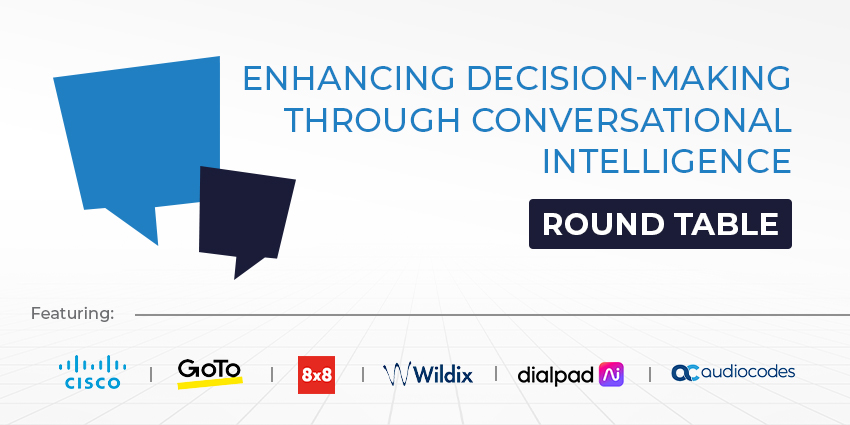Do you wish you could speak to Alexa from your Windows 10 computer? Well, now you can!
Earlier in 2018, Windows rolled Alexa out onto certain newly-launched laptops from Lenovo, Acer, Asus, and HP. However, now you can download the Alexa app on any compatible device. The update is designed to support businesses and employees who want to achieve more productivity with the help of a dedicated smart assistant.
Amazon is already in the process of forging various deals with companies like Salesforce, RingCentral, ServiceNow and many more to make Alexa more appealing to business users. What’s more, the Alexa API is even open to third-party manufacturers, in an attempt to make AI assistants in office hardware more accessible.
Are You Ready for Alexa in Your Office?
You can’t out-run the future, and many of today’s innovators believe that virtual assistants are an inevitable addition to the workforce. AI assistants can automate repetitive tasks, boost performance and accuracy in the workplace and more. According to the CIO and director for NASA’s Jet Propulsion Lab, Jim Rinaldi, intelligent assistants have already proven their power in the current business environment. He believes that employees will benefit from being able to ask questions and get answers in real-time, without having to load up a screen on their computer.
Countless companies are using virtual assistants today to help them get more done in the workplace. Tom Anfuso, the SVP, and CIO for National Life Group, said that they began using Alexa solutions for insurance agents in 2017, and they plan on continuing to use virtual assistants in their R&D program going forward.
The VP of the Americas for IPG MediaBrands, Frank Ribitch believes that virtual assistants could even help to enhance business performance by eliminating unnecessary business meetings with IT teams that need to make sure everything is set up and working correctly in an office.
Vigilance with Virtual Assistants
While virtual assistants certainly have their appeal for many forward-thinking companies, there are challenges to overcome on the road to success. As with any new technologies, companies need to put measures in place to ensure the ongoing security of their workforce.
Many organisations are concerned about the privacy implications of working with a device that’s always on, listening to their conversations. Additionally, there’s also the question of where data goes when it’s stored within virtual assistants after a voice interaction. It’s difficult to know for sure whether a device provider like Amazon is storing the information they collect from their Alexa devices on the cloud.
The availability of Alexa in Windows 10 devices is just another example of how smart technology is becoming more pervasive in the modern business environment. The real question, of course, is whether businesses are ready to embrace this new technology. Like with any digital transformation strategy, caution will be essential.







